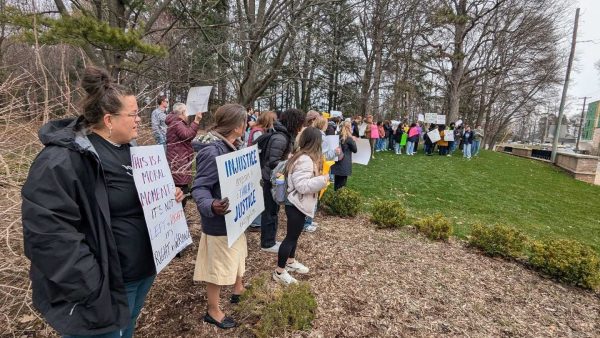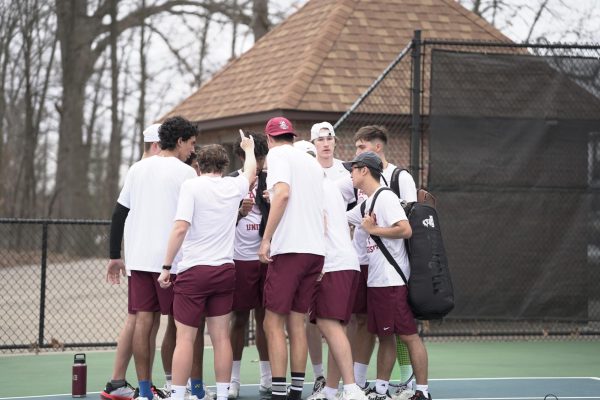Save the liberal arts university – build better alumni networks.
Calvin graduates are doing interesting work in exciting fields. Current Calvin students don’t know where to find them.
Of course, students are aware that the Calvin alumni network stretches far and wide, but when it comes to actually networking with alumni, non-pre-professional programs are unprepared to connect students with graduates working in non-academic fields.
I specify non-pre-professional programs, because majors like engineering, nursing and speech pathology are well-equipped to point students to alumni. The humanities, the social sciences and even the natural sciences usually only maintain relationships with the grads who pursue PhDs in their fields. And these non-pre-professional majors are the areas where grads struggle more to find jobs than their pre-professional peers.
My professors are more than helpful in recommending graduate schools, but when I have asked about jobs, they refer me to another colleague in a seemingly endless loop. This is understandable. With committee assignments, research, publishing in journals and chairing their departments all on top of teaching, professors don’t have much time or energy to keep in touch with students who aren’t in their fields.
For much of Calvin’s history, all the infrastructure needed to create this kind of support system for students was inherent in the Dutch bubble. Over the last four decades, the university’s demographics have shifted, the job market has changed and the Dutch bubble doesn’t provide meaningful connections for a large part of the student body, but the infrastructure of support for students has not changed.
I say support for students, because Calvin’s alumni network has incredibly strong infrastructure for donations. The donations team continues to break records because, despite all of the change in the last several decades, our grads care about this school, and the powers that be in Spoelhof know the value of maintaining relationships with them. Let’s extend this infrastructure beyond financing construction projects and use it to empower students in their careers.
Not to mention, alumni who have graduated in the last five to ten years are an untapped resource. They may not have money to give but do have connections and are excited to support Calvin in whatever way they can.
My proposal is this: every department should have an Excel spreadsheet of graduates that lists their current occupations and contact information. Connect the databases that exist for collecting donations to the relevant departments.
Departments that are already doing this work and graduates who are willing to be this connection, thank you. I hope your students are taking advantage of this opportunity.
This endeavor has clear benefits in recruiting students to your major. When anxious parents worry that their potential religion major will have lots of debt and no job prospects, admissions counselors and professors can comfort them with concrete data. And when upperclassmen are looking for internships or simply direction, they can talk to people who have walked the same campus, studied under the same professors and know the value of a Calvin education.
Calvin grads are top-notch. Our professors and administrators boast that we measure up to graduates of any elite university – and we do. But what students at prestigious universities have that we don’t is a well-maintained alumni network to connect current students to jobs.







